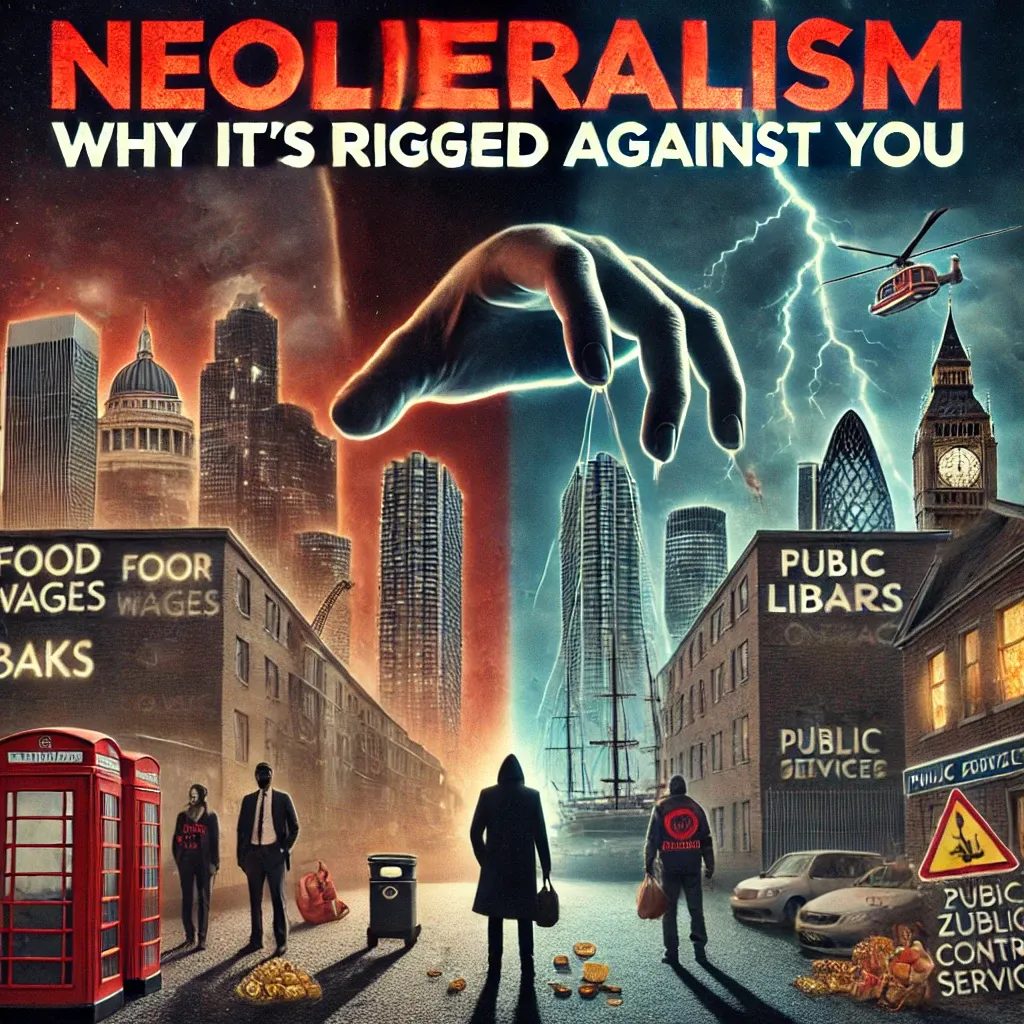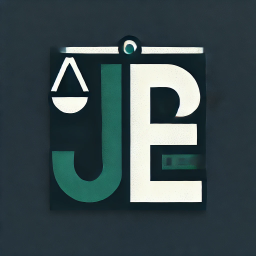Democracy is in Crisis globally- Here's WHY
Discover how inequality, hypocrisy, and populism are eroding democracy—and how UK-led tech regulation and civic innovation can help rebuild trust and democratic resilience.

Freedom House reported in 2019 that for the first time since the end of the second world war, more nation states were transitioning towards autocracy compared to those heading towards a system of democracy. Around the world, and even here in the UK, we’re seeing cracks in the system that was once held up as the pinnacle of fair governance. But this isn’t just about headline-grabbing politicians or global conflict — the crisis facing democracy is rooted in much deeper, systemic problems.
In this blog, I’ll explore three key reasons why democracy is struggling today: rising wealth inequality, ideological contradictions, and the growing appeal of populism. I’ll also offer some practical ideas for how the UK can tackle these issues head-on and reinvigorate its democratic culture.
1. Wealth Inequality is Undermining Democracy
One of the most significant threats to democracy is economic inequality. Over the past four decades, neoliberal economic policies — focused on deregulation, privatization, and austerity — have concentrated wealth in the hands of a small elite, leaving the majority behind.
This isn’t just a financial problem — it’s a democratic one. When a small group holds most of the wealth, they also gain disproportionate influence over politics, media, and policy. Political donations, lobbying power, and access to elite networks mean that the voices of ordinary people are often drowned out.
As inequality grows, trust in democratic institutions declines. People begin to feel that the system isn’t working for them, that it's rigged in favour of the rich — and they’re not wrong. Without meaningful economic redistribution and regulation, democracy becomes a façade: elections still happen, but real power lies elsewhere.
See Gary Stevenson explaining how wealth inequality drives distrust in institutions
2. The Hypocrisy of "Spreading Democracy" by Force
Another internal contradiction lies in how Western democracies, including the UK, have promoted democracy abroad — often through coercion or even military intervention. From Iraq to Afghanistan, the West has long justified its actions under the banner of promoting freedom and democracy. But in doing so, it has often trampled on the very principles it claims to defend, particularly the right of nations to self-determination.
This has created a dangerous kind of hypocrisy. Democracy is sold as the superior, morally pure system — but when it's imposed through force or used to justify intervention, it becomes ideologically brittle. It’s no longer just an option among many, but a tool for geopolitical gain. And when democratic countries fail to live up to their own standards (as in the mishandling of the 2003 Iraq War or post-9/11 surveillance expansions), their legitimacy erodes further.
No political system is perfect — but democracy’s claim to moral superiority makes it especially vulnerable when it falls short.
Listen to Blair's language here- "Barbaric", "Hate our values" etc
3. Democracy’s Weak Points Are Being Exploited from Within
These economic and ideological contradictions haven’t gone unnoticed. Autocratic leaders and populist movements — both at home and abroad — are increasingly exploiting democracy’s weaknesses to undermine it from within.
Populists often present themselves as the voice of the “real people” against corrupt elites, even as they erode democratic norms once in power. Think of Trump in the US, Orbán in Hungary, or Bolsonaro in Brazil or Farage's looming presence in the UK. These leaders often win democratic elections, but then weaken the institutions that hold power accountable — such as the judiciary, the press, or electoral commissions.
In the UK, we’ve seen growing public distrust in politicians, a highly polarized media environment, and increasing disinformation campaigns online. Social media, in particular, has made it easy for misleading narratives to spread, often amplifying populist rhetoric and undermining public confidence in democratic processes. Brexit was a massively populist movement, designed to separate the public into 2 camps, and succeeded in dividing people and their opinions of how democracy should function.
🔧 What Can Be Done? Practical Solutions for a Stronger Democracy
The situation may be bleak, but it’s not irreversible. In fact, the UK has a real opportunity to lead by example — by protecting and modernizing democracy, both in terms of policy and infrastructure.
Here are two recommendations that could make a real difference:
1. Regulate and Tax Big Tech — Without Censorship
The rise of misinformation, foreign interference, and online radicalization poses one of the biggest challenges to democracy today. But cracking down doesn’t have to mean censorship.
Instead, the UK government should impose fair taxes on tech companies like Meta, Google, and X (formerly Twitter), especially when their platforms are used to distort political discourse or profit from disinformation. These funds could be used to invest in digital literacy education and independent content moderation, ensuring democratic principles — like freedom of speech — are preserved while also protecting the integrity of public debate.
This approach wouldn’t silence dissent — it would simply make digital giants accountable for their impact on democratic systems.
2. Invest in UK-Based Tech Infrastructure
Why rely entirely on foreign-owned platforms to host our public discourse? The UK could invest in homegrown social media platforms, governed transparently and with democratic values at their core.
Going further, the government could develop a publicly run AI tool designed to improve civic awareness. This AI could provide citizens with accessible summaries of policy proposals, voting records, and government spending — empowering the electorate with real-time information and increasing political engagement.
Imagine a future where every UK resident has a smart, trustworthy, and unbiased tool in their pocket that explains how laws are made, who’s voting for what, and how policies affect their daily lives. That’s the kind of innovation democracy needs.
💬 Final Thoughts
Democracy isn’t failing because people don’t care — it’s failing because the system isn’t meeting the promises it once made. Economic injustice, ideological inconsistency, and digital disinformation have left many disillusioned. But rather than abandoning democracy, we should fix it.
By addressing wealth inequality, ending the hypocrisy of interventionism, and modernizing how we communicate and engage politically, the UK can revitalize its democratic culture from the ground up.
The choice is clear: let democracy wither under the weight of its contradictions, or give it the tools and reforms it needs to thrive in the 21st century.

